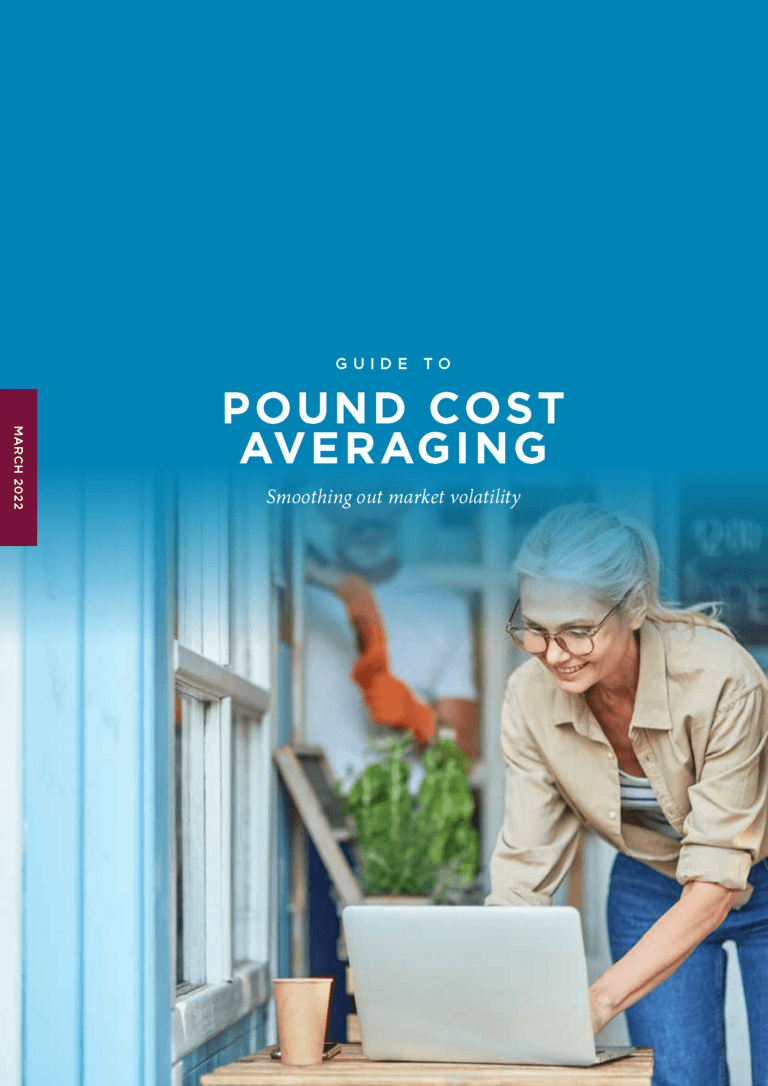Coming around again: inflation returns
Inflation jumped sharply in April. What’s going on?
The rollercoaster ride of inflation was set in motion at the start of this decade. In January 2020 the annual inflation rate, as measured by the Consumer Prices Index (CPI), was 1.8%. By August 2020, as Covid-19 took hold, it had dropped to a mere 0.2%. Two years later the Ukraine war was flaring energy prices, increasing inflation above 10% on its way to an October 2022 peak of 11.1%. Since then, annual inflation has been generally on a downward path…and then the April figure was published.
Bank forecasts
April’s published 3.5% CPI rate would have been 3.4% (the same as May’s), were it not for a calculation error. Either way it meant the Governor of the Bank of England was required to write to the Chancellor –explaining why inflation was over 1% above the Treasury’s target and the actions planned to rein it back to 2%. In reality, the letter had probably been drafted several months ago. As far back as early February the Bank was saying that it expected inflation “to rise quite sharply in the near term, to 3.7%”.
The Bank’s forecast highlights one of the oddities about annual inflation. While longer-term projections are notoriously difficult to get right (as played out over 2022/23), short-term estimates are often much easier to make. For example, annual inflation in three months’ time will include nine months’ of already known price rises. What matters is the inflation difference between the three old months that will disappear and their replacements. In the case of April 2025, the Bank could see two major changes arriving:
- A new Ofgem quarterly utility price cap that would replace the 12.3% fall of a year ago with a rise of 6.4%.
- An Ofwat-determined increase in annual water and sewerage charges for England and Wales that averaged no less than 26%, albeit with large regional variances.
Countering wealth erosion
Inflation is due to peak in September, then steadily decline to around 2% early in 2027. However, you should not consider 3%-plus inflation as a blip that can be ignored. Inflation always erodes purchasing power: since January 2020 the buying power of £1 has shrivelled to 78.3p. That decline affects every aspect of your financial planning – retirement, savings goals, health and life protection – which has not been inflation-adjusted in the last five and a half years. We can help review your financial goals in case the shifting CPI has knocked you off target.











